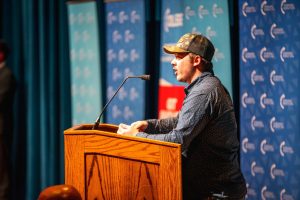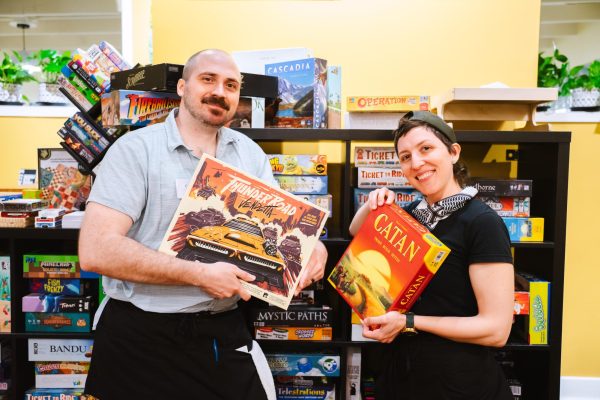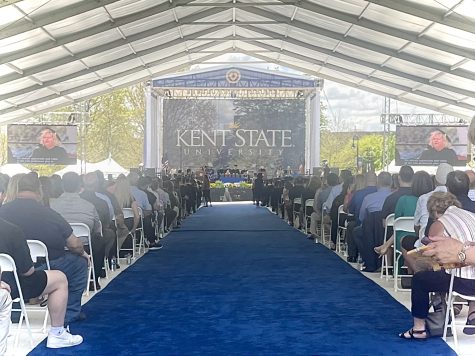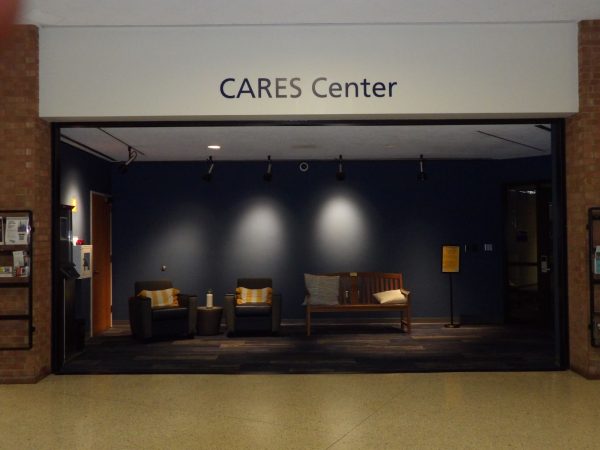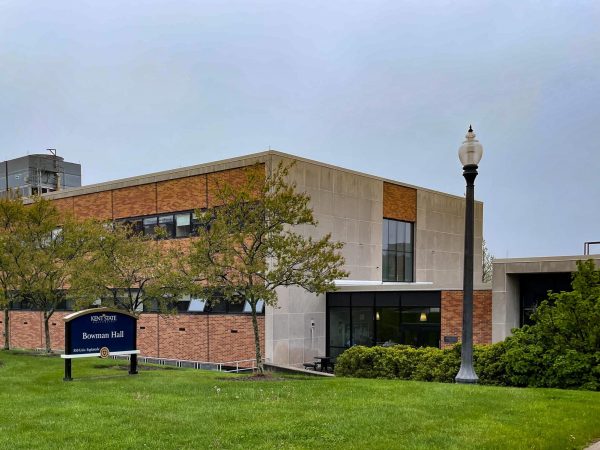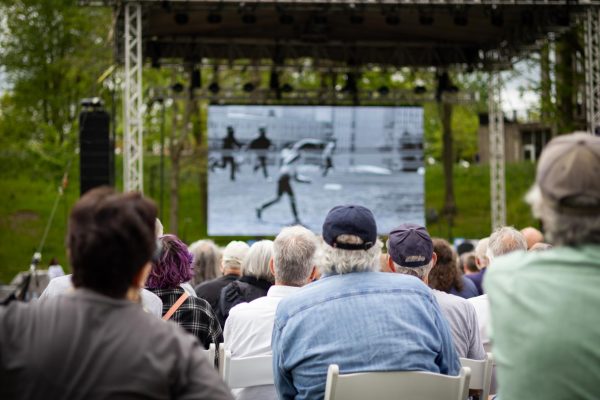Venezuelans vote to lift term limits, handing Chavez a huge victory
February 18, 2009
CARACAS, Venezuela — President Hugo Chavez won a major victory Sunday when Venezuelans lifted term limits, permitting him to run for re-election in 2012 and perhaps beyond.
Chavez’s measure won 54.3 percent of the vote, according to the national election board.
Televised images showed Chavez supporters celebrating while fireworks boomed in the Caracas sky.
“Chavez, friend, the people are with you,” the president’s adoring supporters, wearing their trademark red T-shirts, chanted outside the presidential palace. Standing on a balcony, Chavez led the festive crowd in singing Venezuela’s national anthem.
“It is a clear victory for the people!” an exultant Chavez said. “It is a clear victory for the Revolution!”
The result is expected to give fresh impetus to Chavez’s decade-long effort to remake Venezuela as a socialist state. It also will fortify his role as the undisputed leader of a resurgent left in Latin America that seeks to check free trade, capitalism and Washington’s political and economic reach in the region.
The victory in the national referendum also guarantees continued political tumult in Venezuela and wherever else Chavez injects himself in Latin America.
He leads an anti-U.S. bloc that includes Cuba, Bolivia, Nicaragua, Ecuador and Honduras.
“Venezuela is in the vanguard of change in Latin America,” Chavez said Sunday.
During a heated campaign, opponents had warned that a Chavez triumph would give him virtually unchecked power in Venezuela.
“He is a narcissist who thinks he is the only one who can solve the country’s problems. This is false,” law professor Henrique Iribarren said after voting Sunday.
Chavez and his allies already control the Congress, the judiciary, a majority of the state governorships and the state oil company, which produces half of the country’s wealth and 94 percent of its exports.
Sunday’s result gives Chavez political momentum that he lost when Venezuelans defeated his first attempt to scrap term limits in December 2007 and again when opposition candidates were elected governors of the country’s three biggest states in November 2008.
Chavez had repeatedly outsmarted his political opponents before the December 2007 election, winning five national elections in a row beginning with his 1998 election as president.
His next move is anyone’s guess, although he is expected to devalue Venezuela’s currency, the bolivar, as a way of increasing the value of oil exports and increasing the cost of imports. Economists warn that the sudden drop in oil prices will mark 2009 as the end of several years of rapid growth.
Facing the crucial referendum, Chavez has refused to heed calls that he begin to conserve the country’s foreign reserves in the face of Venezuela earning perhaps only half as much in oil income in 2009 as in 2008.
Polls by Datanalisis, a Caracas-based survey firm, showed that Chavez made up a 17-point deficit in the campaign’s final six weeks.
He did it, Datanalisis said, by targeting the 20 percent of the electorate who said Chavez had been a good president but who were reluctant to allow him to remain in power indefinitely.
Chavez pitched himself to these voters by predicting calamity for Venezuela without him as president.
It worked with voters such as Fernando Gomez, a 48-year-old carpenter.
“Venezuela would descend into chaos without Chavez,” Gomez said Sunday in explaining why he voted for Sunday’s amendment to the constitution.
A one-time soldier who catapulted to prominence in 1992 when he led a failed coup against Venezuela’s democratically elected president, the 54-year-old Chavez said in the weeks before Sunday’s referendum that he needs at least 20 years in power to create Venezuela in his own image.
By 2012, when he will run for re-election for another six-year term, he will have already been in office for 14 years.
With Sunday’s victory, Chavez joins two leftist allies _ Bolivia’s Evo Morales and Ecuador’s Rafael Correa _ in winning the right to seek re-election during the past year.
Colombian President Alvaro Uribe, a conservative who has been elected twice, has maneuvered without success so far to win congressional and public approval to seek a third term.
Chavez was elected president in 1998 in the midst of an economic downturn and has worked tirelessly to demonize Venezuela’s traditional ruling elite while showering billions of dollars of oil income on programs for the poor.
Chavez has succeeded in halving poverty in Venezuela during his 10 years in office.
Pedro Siolo, a 41-year-old taxi driver, said he voted for Chavez’s proposal on Sunday because the government gave him an apartment for free and lent him $25,000 at low interest rates to buy a taxi.
“Chavez is doing a good job,” Siolo said.
So-called “missions,” often taught by Cuban teachers, allow adults to get high school and college degrees for free.
Another popular program provides free health care by Cuban doctors to the poor.
Dayana Ramirez, a 19-year-old studying business at a government institute, said this program operated on her father for free.
Yet another program sells packaged goods below cost in poor neighborhoods.
Erica Zapata said she saves 40 percent when she makes her monthly trip to the subsidized market.
“I like the things the president has done,” Zapata said on Sunday.
Chavez opponents had feared that government supporters would engage in vote fraud as the polling stations closed. That didn’t happen at Jose de Jesus Arocha school in the populous working-class district of Petare in Caracas.
Lt. Col. Carlos Osorio, in charge of guarding the vote there, took his megaphone and at 6 p.m. precisely announced to the street that anyone wishing to vote should come forward.
When no one did, the polling station closed in an orderly fashion. A rowdy group of a dozen people, some in Chavista T-shirts, showed up five minutes later and angrily demanded to be allowed to vote.
“It’s only 6:20,” complained 22-year-old Yenifer Palomino. “They always wait for us, but this time they didn’t.”
In this deeply polarized country, the climate of fear could be seen in the answer of Nestor Moreno, a 58-year-old construction worker, when asked how he voted.
“I voted yes because I didn’t want to face reprisals for voting no,” Moreno said. “People lose jobs because they don’t agree with the Chavez regimen.
“Chavez is very authoritarian,” Moreno added. “He needs to be more democratic. Things have to be done his way or the highway.”
– Miami Herald special correspondent Phil Gunson contributed to this report.
(c) 2009, McClatchy-Tribune Information Services.









